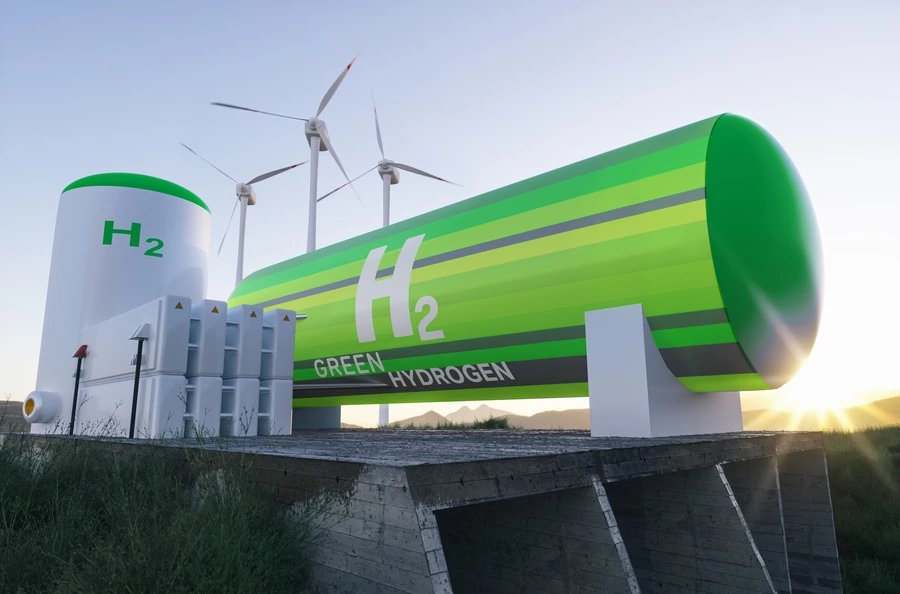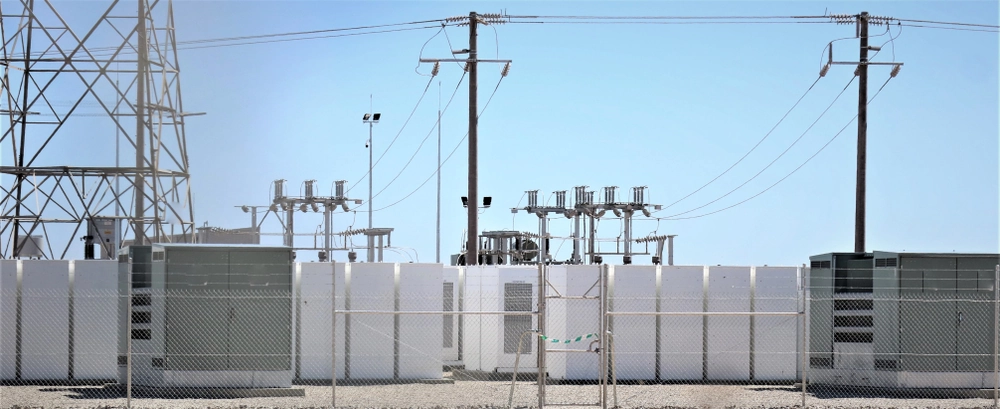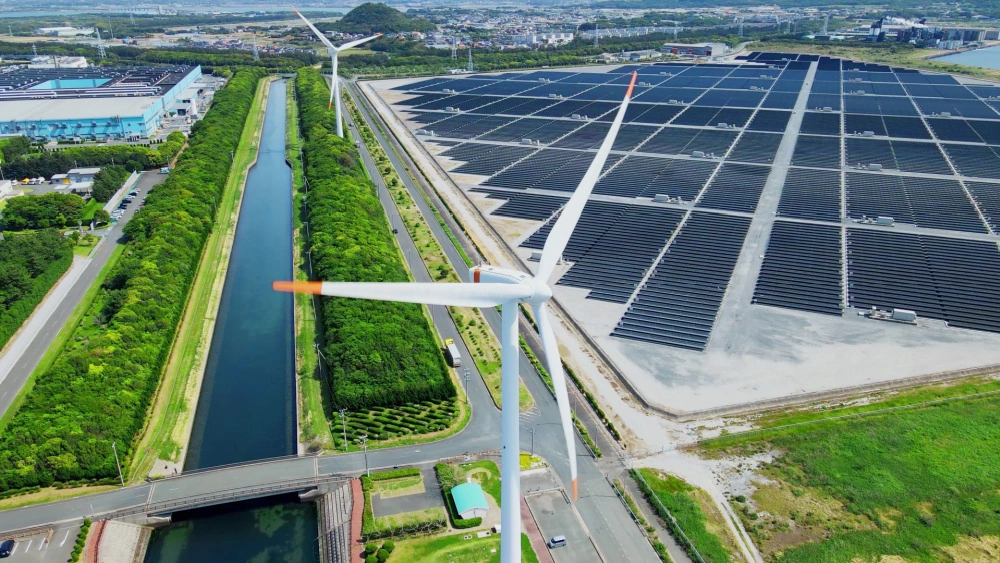
UK space sector skills shortage: How to recruit from overseas

By Gemma Robinson, Halo Garrity
2 Feb 2024 | 8 minute read
In the third of our series of employment articles focusing on the space sector, we're looking at recruiting staff from overseas. Immigration is a topic never far from the news and the requirements and rules change frequently, which is on the horizon for 2024, so contact the team for the latest information and advice.
Current situation
The latest space sector income report shows that the growth of the UK space sector is a rapid success story – space sector income grew by almost £1billion into 2021 and the number of space organisations has grown by nearly 300.
Employment in this sector is consequentially up, with almost 1,800 more jobs. The successful growth in this sector has however outpaced the personnel available. The Space Sector Skills Survey 2023 shows that 80% of companies faced recruitment difficulties.
When it comes to recruiting from abroad over a third (36%) of companies had tried to hire from outside of the UK. Among those companies a huge 83% had faced difficulties that included high costs and the complexities of the visa process. 21% were not successful.
This will be exacerbated by the increase in immigration fees brought in on the 4 October 2023 and the government's proposals to introduce various changes in Spring 2024 to try and reduce the net migration figure (as explained in more detail below). The cost of some visas has increased by 20%. In addition, the Immigration Health Surcharge is also substantially increasing on 6 February 2024, from £624 to £1,035 per year for adults and £470 to £776 per year for children, students and individuals who have applied under the Youth Mobility Scheme route.
Nearly every space organisation (95%) has experienced skills-related challenges in the last 12 months. With the changes to visa requirements recently announced it is crucial to ensure up-to-date advice is sought before recruitments plans are made.
Routes to consider for bringing in overseas recruitment
The visas available, rules for eligibility, and costs are all subject to frequent change so for up-to-date advice always speak to a member of the Foot Anstey team. A few of the current possibilities are explored below.
Sponsored immigration
To employ a national from outside of the UK employers need a sponsorship licence. This means being the "eyes and ears" for UK Visas and Immigration (UKVI) by having appropriate systems in place to monitor and report on sponsored workers as well as having trusted people to manage the sponsorship in the business.
Employers must apply for a licence to sponsor and pay associated fees for each migrant that is sponsored. The main sponsorship licence requirements are:
- Legitimate business. There must be no reason to believe that the company is a threat to immigration control and the employer must be committed to fulfilling its sponsorship duties.
- Allocation of Roles. Employers will need to appoint and delegate responsibility to manage the sponsor licence to an Authorising Officer, Level 1 user, and Key Contact.
- Appropriate Systems. Employers will need appropriate HR systems in place to monitor sponsored employees.
- Skill and salary level. The job being sponsored must meet the required skill level for the visa being sought using the Standard Occupational Classifications (SOC) code and meet the general salary threshold or the 'going rate' for the role, whichever is higher.
- Type of Licence. Businesses will need to consider whether to apply under the Workers (such as a Skilled Worker or Global Business Mobility: Senior or Specialist Worker) or Temporary Workers routes, or both.
We've previously written about the requirements and costs. Our team have experience reviewing draft licence applications and providing hand-held support to businesses to help them obtain their sponsorship licences. Please contact our team for an up-to-date legal fee quote for their assistance.
Skilled Worker Visa
Many space sector occupations will be on the list of eligible occupations for the skilled worker visa. (As an example; software engineer, mechanical engineers, electrical engineers, production and process engineers and programmers and software development professionals.)
To bring workers in under this route employers need to be offering a job role at or equivalent to an A level with a current minimum salary of at least £26,200 based on a 37.5 hour working week. This minimum salary must be increased if the 'going rate' for the type of work is higher or lowered if the job or individual fall into certain categories. For example, the current Shortage Occupation List includes several roles relevant to the sector's skills gaps and allows a migrant to benefit from a 20% reduction on their 'going rate'.
The Foot Anstey team has vast experience in assessing whether a job vacancy will be eligible under the Skilled Worker route if you need help. It is important to note that the government have announced plans to curb immigration abuse and cut net migration figures in 2024. As part of the proposed plan, the minimum salary threshold is due to dramatically increase from £26,200 to £38,700, along with increases to the 'going rate' thresholds from 4 April 2024.
Our team are awaiting further details to be released but, in the meantime, the government have confirmed that skilled workers already working in the UK will be exempt from the new minimum salary requirement when they change sponsor, extend or settle. In addition, the government plans to replace the Shortage Occupation List with a new Immigration Salary List, from 4 April 2024. The Immigration Salary List is meant to abolish the 20% reduction on the 'going rate' along with implementing increased salary thresholds and having a reduced number of occupations. It is hard to predict what impact this will have on the space sector but, given the shortages in engineering and software roles it would be surprising if they were removed from the new List.
Applications usually take three weeks (where the applicant is based outside of the UK) or eight weeks (where the applicant is based inside the UK) to receive a decision. Applicants may be able to pay to receive a faster decision. The decision time will not start ticking until the applicant has submitted their biometric data. Biometric appointments overseas can be extremely hard to get hold of. As it is not possible to ascertain how quickly a biometric appointment can be booked until the visa application itself has been submitted, the decision may be further delayed causing uncertainty around the timings for workers and employers.
At the time of writing the cost for this visa was between £719 to £1,500 with the usual Immigration Health Surcharge also payable upfront, and the need for the employee to be able to show the ability to financially support themselves upon first arrival in the UK. The relevant eligibility criteria for each applicant and job should be assessed independently.
Unsponsored immigration
However, not all visas require the employer to sponsor the applicant. There are visa routes to either enter or stay in the UK which can be applied for without the need of a job offer. There are a few visa routes that are especially pertinent to the space sector which are looking to hire highly skilled individuals.
Global Talent Visa
A potential employee who is a leader or potential leader in specific fields, including in science and engineering, can apply for a Global Talent Visa. This route is specifically designed to attract leading STEM talent to the area's most in need in the UK. Each visa can last up to five years and there is no limit on the number of times it can be renewed.
Aerospace is one of the specific fields with the following sub-categories of occupation covered by this route, including:
- Aerospace manufacturing
- Airlines
- Antennae
- Autonomous systems
- Avionics
- Materials for aerospace
- Radar Systems
- Satellite Systems
- Turbomachinery and aerothermal engineering
Any applicant under this route needs to obtain endorsement from one of the six approved endorsing bodies recognised by the Home Office. It is a lengthy process however the reward is a flexible length visa that may lead to indefinite leave to remain.
Graduate Visa
The graduate visa provides a route for those already in the UK to stay here post-graduation and seek work. It lasts for two years if the applicant has a bachelor's degree and three years if they have gained a PhD. The decision is usually given within eight weeks, with the application costing £822 at the time of writing, along with the Immigration Health Surcharge.
This visa cannot be renewed, however, it may then be possible to switch to a different visa, for example the Skilled Worker visa mentioned above. For a graduate looking to work in the UK space sector this visa could provide the breathing space post-qualification to gain experience and a job without needing to satisfy any skill or salary level, other than the National Minimum Wage.
However, the government has announced that the Migration Advisory Committee (MAC) will be reviewing this visa route from January 2024, to ensure that it is operating in the best interests and priorities of the UK and ensuring the integrity and equality of the UK higher education system is maintained. We expect this visa to be available throughout 2024 as the MAC review is commissioned to continue until late 2024.
Youth Mobility Visa
The Youth Mobility Visa allows individuals from certain countries to live and work in the UK for up to two years, where they are aged 18 to 30.
However, from 31 January 2024, nationals of Australia, Canada and New Zealand will be able to stay for up to 3 years and the age range will be widened from 30 to 35 for those applicants. In addition, for the first time, applicants from Andorra, Japan, South Korea and Uruguay will join this category if they are aged 18 to 30. The similar India Young Professionals Scheme will also see its ballot re-open in 2024. Further details are yet to be announced.
Our advice
Finding, attracting, and then retaining the right staff is mission critical. Foot Anstey has experience in successfully supporting businesses in this sector and beyond to do just that.
As part of your team we can help all the way from designing employment packages, to training managers and leaders, and applying for or managing sponsorship licences. With significant experience across HR and commercial issues that organisations commonly face, we can take an in-depth holistic view on your space sector business, your markets and the environments you operate in.
Let our legal insight ensure your people strategy is a key driver in your business success.














